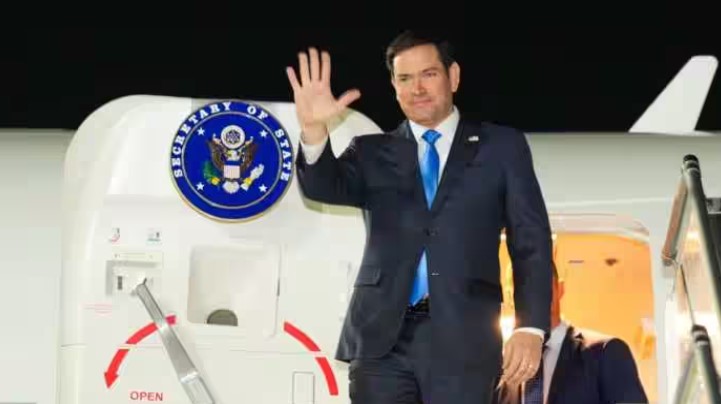WASHINGTON, D.C. – In a significant move that underscores the Trump administration’s increasingly hardline stance on foreign influence in American higher education, U.S. Secretary of State Marco Rubio announced on Wednesday that the United States will begin revoking visas of Chinese students. The new policy targets those with suspected links to the Chinese Communist Party as well as students engaged in fields deemed critical to national security.
Rubio made the announcement via a post on the social media platform X (formerly Twitter), stating, “The U.S. will begin revoking visas of Chinese students, including those with connections to the Chinese Communist Party or studying in critical fields.” He framed the measure as necessary to safeguard U.S. intellectual property and national interests from potential espionage or undue foreign influence.
This development is part of a wider effort by the Trump administration to curb foreign student enrollment, especially from countries it considers strategic rivals. The administration has repeatedly raised concerns about academic espionage, particularly in science, technology, engineering, and mathematics (STEM) programs.
Earlier on the same day, former President Donald Trump intensified his criticism of elite American universities, singling out Harvard University. Speaking at a campaign event, Trump proposed that institutions like Harvard should limit the number of international students they admit to no more than 15 percent of total enrollment. He argued that American universities should prioritize domestic students and reduce reliance on foreign admissions, which he claims may compromise national interests.
These policy proposals have sparked debate across the academic and political spectrum. Critics argue that such measures could harm U.S. higher education, which has long benefited from international collaboration and the presence of diverse student bodies. Supporters, however, contend that tighter controls are necessary to protect sensitive research and reinforce national security.
The visa revocation policy is expected to face scrutiny and legal challenges, but it clearly signals a more aggressive posture toward foreign involvement in U.S. academia—especially from China, which has increasingly been cast as a strategic competitor on multiple fronts.









